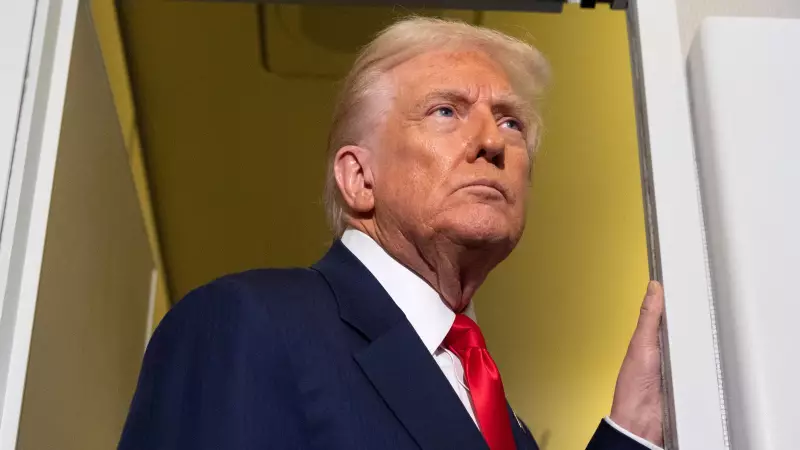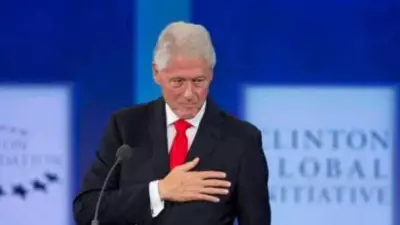
In a move that has sparked international concern, the Trump administration has established the smallest refugee admission ceiling in United States history. The newly announced cap of 15,000 refugees for fiscal year 2021 represents a dramatic reduction in America's traditional role as a safe haven for those fleeing persecution and conflict.
Historic Low in Refugee Admissions
The decision marks the fourth consecutive year of declining refugee admissions under the current administration. This represents an 85% decrease from the 110,000 refugee limit set during the final year of the Obama administration, signaling a significant shift in US immigration and humanitarian policy.
Administration's Justification
Officials from the State Department and the Department of Homeland Security defended the decision by citing the need to prioritize domestic concerns, particularly the ongoing COVID-19 pandemic and the existing backlog of asylum cases. The administration emphasized its commitment to "protecting American lives and jobs" during these challenging times.
Global Implications
This policy change carries substantial consequences for:
- Vulnerable populations awaiting resettlement from conflict zones
- International humanitarian organizations that rely on US leadership
- Global refugee protection systems already strained by multiple crises
- Other nations that may follow America's lead in reducing refugee intake
Broader Immigration Context
The refugee cap reduction occurs alongside other significant immigration policy changes, including heightened restrictions on asylum seekers and various border control measures. Critics argue these policies collectively represent a fundamental transformation of America's historical position as a leader in refugee protection.
Human rights organizations and refugee advocates have expressed deep concern about the long-term implications of this decision, warning that it could establish a dangerous precedent for other developed nations and leave millions of vulnerable people without viable protection options.





